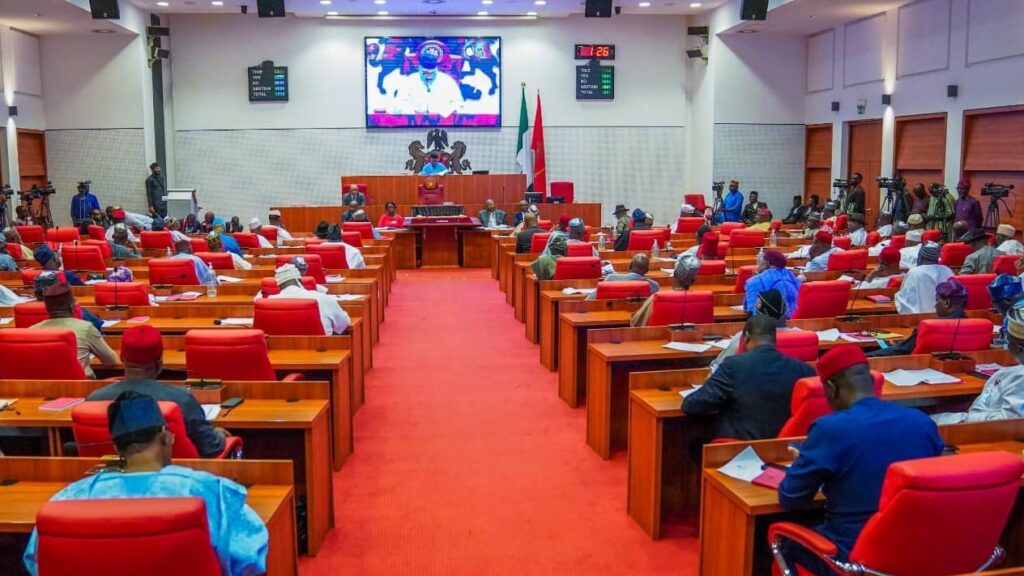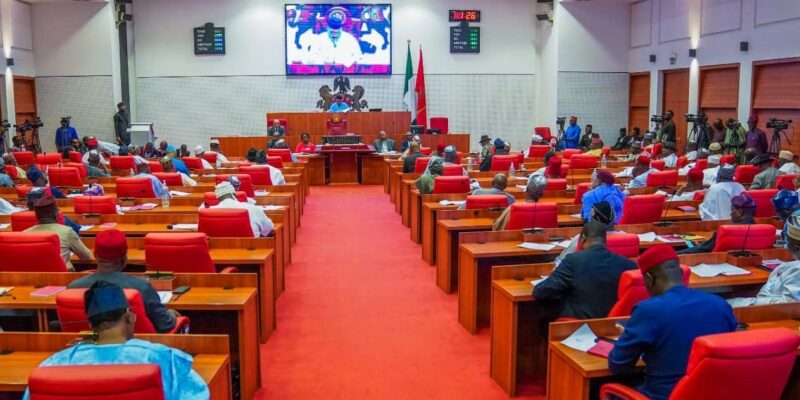
Political commentators and governance experts are raising renewed concerns over the absence of constitutional term limits for lawmakers in Nigeria, warning that the unchecked longevity of some legislators is fostering complacency, inefficiency, and eroding democratic accountability.
Analysts argue that the current legislative structure, which allows members of parliament to serve indefinite terms, has led to the entrenchment of long-serving lawmakers—some of whom have remained in office for over two decades. This, they say, has created a culture of entitlement and stagnation, discouraging the entry of new voices and innovative ideas into Nigeria’s political space.
“The absence of term limits has turned some legislative seats into permanent political fixtures, weakening their occupants’ responsiveness to public needs,” analysts noted. “It also limits diversity of thought, reduces youth participation, and undermines the spirit of democratic renewal.”
Speaking with DAILY POST, Professor Kamilu Sani Fagge, a political science scholar at Bayero University, Kano, emphasized that while experience in parliament is valuable, overstaying in office poses serious risks to good governance.
“When an individual occupies a legislative seat for too long, they begin to feel entitled to it—as though it is their personal property,” Prof. Fagge said. “This mentality can breed political instability and block opportunities for younger, capable leaders to emerge.”
He added that while long-serving legislators exist even in advanced democracies like the United States, the difference lies in the integrity of electoral systems and the accountability demanded by citizens.
“In functional democracies, the electorate truly decides who stays or goes. In Nigeria, unfortunately, the gap between the people’s will and electoral outcomes remains wide,” he noted.
Also speaking with DAILY POST, Yusuf Ibrahim Lajawa, a former two-term member of the Kano State House of Assembly, echoed the call for legislative term limits, describing the current situation as a threat to democratic values.
“Some lawmakers now behave as if they inherited their seats,” Lajawa said during a phone interview. “While governors and presidents have term caps, lawmakers do not—yet their prolonged stay in office has far-reaching implications.”
Lajawa acknowledged that instituting term limits would require a constitutional amendment, but expressed doubt about lawmakers’ willingness to pass a bill that curtails their own tenure. “The irony is that the people who would vote on such an amendment are the same ones who benefit from the current system,” he said.
Since Nigeria’s return to democracy in 1999, a number of legislators have remained in office for more than two decades. Experts warn that this trend undermines public trust and legislative productivity, while enabling entrenched interests to dominate the policymaking process.
Despite these challenges, many Nigerians remain hopeful that growing public pressure and democratic awakening among younger generations will eventually drive reforms—ushering in a legislature that is more dynamic, representative, and accountable to the people it serves.

Comments